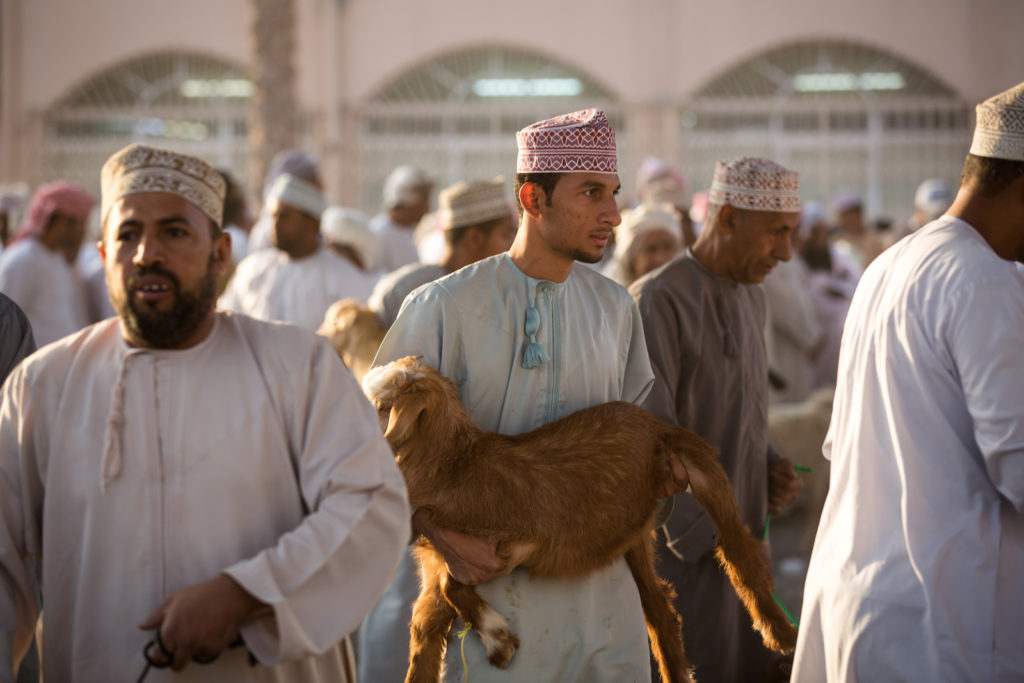
“On the day of Eid al-Adha, we wake up to the sound of each family in our neighborhood slaughtering a ram,” shares Alexis, a Frontiers worker.
Eid al-Adha, the Feast of the Sacrifice, is the biggest holiday in the Muslim calendar. It also marks the end of the hajj, the annual religious pilgrimage to Mecca.
During the three-day celebration of Eid al-Adha, Muslims slaughter a ram to remember how Abraham was willing to sacrifice his son—and how God intervened by providing a sacrificial ram instead.
Muslims believe this is where the story ends—a ram offered as a blood sacrifice in place of a prophet’s son. But they’re missing the final act, in which God willingly provided His own Son to be the ultimate sacrifice that covers all sin. Abraham’s sacrifice foreshadowed the sacrifice by Jesus Christ.
As long as Muslims don’t know the final act of God’s Son, then the story they retell on Eid al-Adha remains a tragedy. They need someone to go and bring them the rest of God’s story.
“It amazes my teammates and me that this holiday, the Feast of the Sacrifice, is so much at the heart of Islamic practice all around the world,” Alexis says. Eid al-Adha offers workers like Alexis a profound and obvious bridge for the Gospel. It leads naturally into sharing the Good News that God did not spare His own Son but gave Him up for us all (Romans 8:32) as a sacrifice to redeem all people from sin and death.
Alexis shares, “Most of our neighbors have never heard the great story of behind the holiday—even though they celebrate it every year.”
- Please pray for workers to have many opportunities over Eid al-Adha’s three days of celebration to tell their Muslim friends about God’s perfect sacrifice.
- Ask God to give workers boldness, grace, and wisdom in sharing the Good News.
- Pray Muslim hearts will be awakened to know Jesus Christ—the fulfillment of Abraham’s story.
**Names have been changed for security.**
Original article: https://www.frontiersusa.org/blog/eid-al-adha
